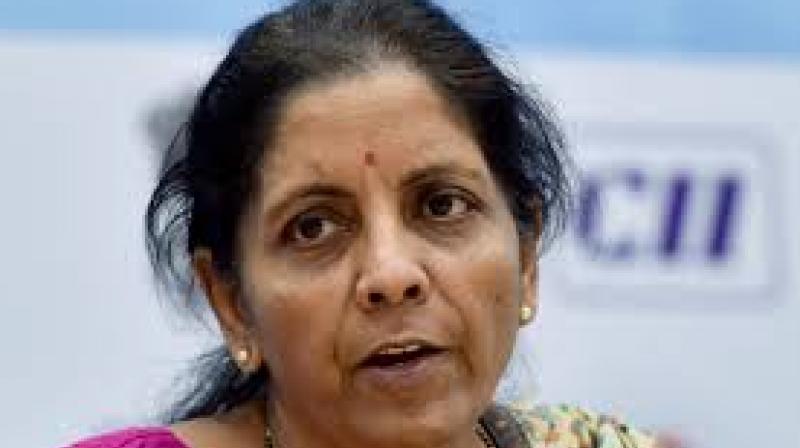Decision to cancel Pak talks imprudent
Nirmala Sitharaman had boasted on a Hindi television programme that we also sever the heads of enemies but do not broadcast this.

There is a tragi-comic aspect to India’s decision on Friday to cancel the meeting of external affairs minister Sushma Swaraj with Pakistan foreign minister Shah Mehmood Qureshi within 24 hours of New Delhi accepting Islamabad’s proposal for a contact on the sidelines of the session of the UN General Assembly.
The cancellation speaks of the government not thinking through the processes and paths to adopt in dealing with Pakistan in the light of experiences of the past. India has officially said that it was cancelling the meet on account of killings of Indian security personnel by Pakistan. There are two components of this. A soldier of the BSF was killed by the Pakistanis on the international border in the Ramgarh sector of Jammu and the body was discovered in a decapitated state.
The second is the abduction from their homes and subsequent murder of three police personnel in south Kashmir. Decapitation and killing of the BSF jawan is to be strongly condemned, and India had to act in some manner following the incident to register its unhappiness. Bullets fly in the hostile border area and deaths of soldiers on both sides are common. But severing the head from the dead body is a different matter.
There is another aspect of this, however. The day before the jawan’s body was found, defence minister Nirmala Sitharaman had boasted on a Hindi television programme that we also sever the heads of enemies but do not broadcast this. This limits our room for action.
As for the tragic killing of the three special police officers (SPOs) in Kashmir, the same process — attacks by terrorists on our uniformed personnel who are from Kashmir — has been unfolding for several weeks, much before India agreed to a meeting of the two foreign ministers in New York. To cite that as reason for cancellation is not logical. India has quite appropriately said in defence of changing its mind that Pakistan has recently issued postal stamps to commemorate a Kashmiri terrorist killed by our security forces in July 2016, which showed that Pakistan supported terrorist actions in J&K.
Having agreed to meet, we could have conceivably gone ahead with the contact at the UNGA and given the Pakistanis a piece of our mind and informed the country about this afterward.
An alternative plan of action could easily have been to let Prime Minister Imran Khan know after he wrote to PM Narendra Modi to seek a meeting at the foreign minister level that while the time was not right for this, informal channels of communication could be kept active for a discussion on matters of mutual interest.
This would have been more appropriate in the election season in India, considering that single terrorist incidents can easily derail structured processes of interaction.
H10

